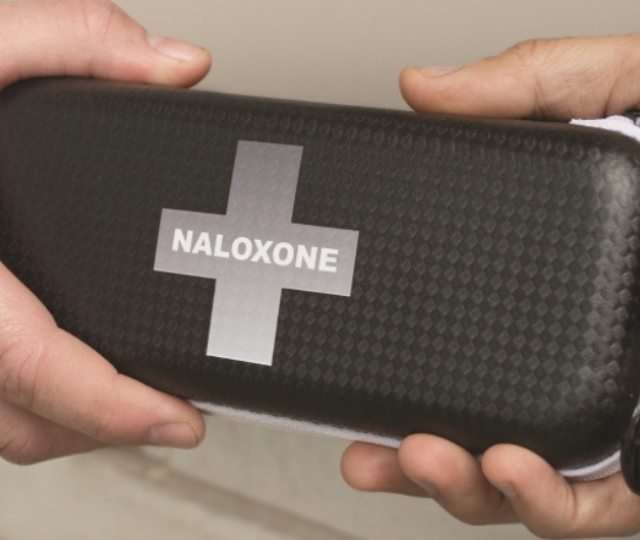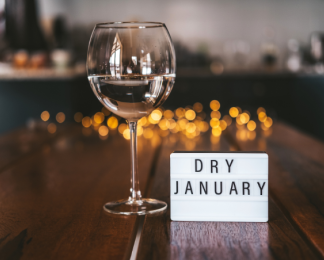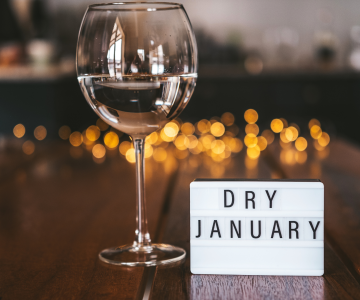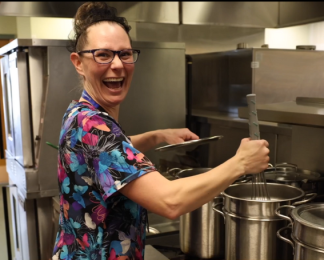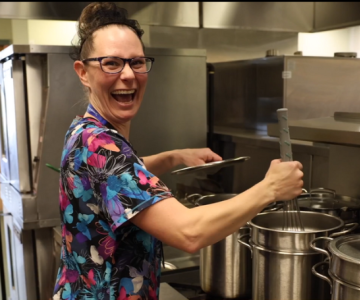Guidelines for Opioid Addiction Treatment
In April 2016, B.C.’s provincial health officer declared a public health emergency in response to the rapid rise in drug overdoses and overdose deaths in B.C. The BC Centre on Substance Use and the Ministry of Health have developed provincial guidelines for the treatment of opioid addiction. These guidelines include information on pharmacotherapy and the management of withdrawal related to the treatment of opioid use disorder. Two key points from these guidelines are:
- Withdrawal management (i.e. detox) as standalone approach is not recommended, as this approach has been associated with increased risk of HIV and hepatitis C transmission, elevated rates of overdose deaths in comparison to providing no treatment, and nearly universal relapse when implemented without plans to transition to long-term evidence-based addiction treatment.
- The guidelines strongly recommend buprenorphine/naloxone (Suboxone®) as the preferred first-line treatment for opioid use disorder, when feasible, given its safety profile. Other treatment options, including methadone, should be used when buprenorphine/naloxone is contraindicated or not feasible, or if buprenorphine/naloxone has been tried and is not effective.
For more information about clinical guidance around opioid use disorder see Clincal Care Guidance on the BC Centre for Substance Use website.
